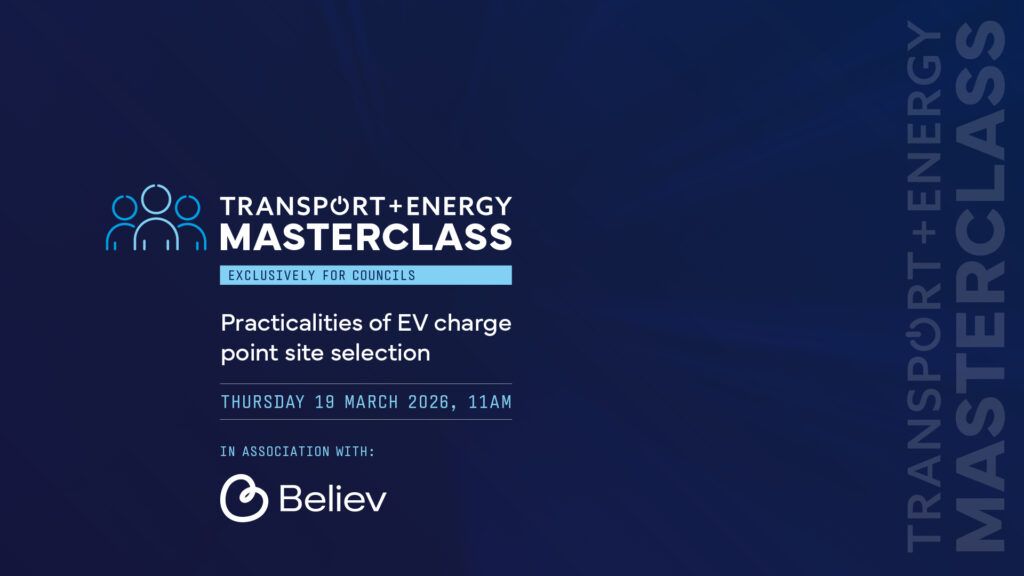A number of world leaders have agreed a plan to make clean technologies cheaper than alternatives with the UK, US and China among countries signed up to push forward the transition to decarbonised energy and transport.
More than 35 leaders backed and signed up to the new Glasgow Breakthrough Agenda at COP26 that will see countries and businesses work together to dramatically scale and speed up the development and deployment of clean technologies and drive down costs this decade. Signatories include the US, India, EU, developing economies and some of those most vulnerable to climate change – collectively representing more than 50% of the world’s economy and every region.
The aim is to make clean technologies the most affordable, accessible and attractive choice for all globally in the most polluting sectors by 2030, particularly supporting the developing world to access the innovation and tools needed for a just transition to net zero.
Work will focus on five key sectors – power, road transport, hydrogen, steel and agriculture – which together represent more than half of total global emissions.
The aim is to make these affordable and available to all nations by 2030 with 20 million jobs created.
Prime Minister Boris Johnson said: “By making clean technology the most affordable, accessible and attractive choice, the default go-to in what are currently the most polluting sectors, we can cut emissions right around the world.
“The Glasgow Breakthroughs will turbocharge this forward, so that by 2030 clean technologies can be enjoyed everywhere, not only reducing emissions but also creating more jobs and greater prosperity.”
In other news from the Summit, Prime Minister Boris Johnson and Prime Minister Narendra Modi jointly launched the Green Grids Initiative – One Sun One World One Grid (GGI-OSOWOG) to accelerate the development and deployment of interconnected electricity grids across continents, countries and communities. The initiative will seek to harness the full potential of renewable resources globally through much greater interconnection of electricity grids to transport the electricity generated to areas that need it.
Prime Minister Boris Johnson commented: “The UK is working hand in hand with our friends in India to transform the future of the power sector and ensure clean and reliable electricity is accessible everywhere by the end of this decade.
“It’s fantastic that over 80 countries have backed our newly launched Green Grids Initiative, whose collaboration will not only see greater growth, jobs and investment in our global green future, but also make sure no one is left without access to energy.”
India Prime Minister Narendra Modi, said: “The One Sun One World One Grid and Green Grids Initiative is an idea whose time has come. If the world has to move to a clean and green future, these interconnected transnational grids are going to be critical solutions. I congratulate the International Solar Alliance and the UK COP Presidency for bringing it nearer to implementation.”
National Grid, a Principal Partner for COP26, is playing a leading role in the initiative.
CEO John Pettigrew said: “We have a vision to create electricity grids that are interconnected to deliver a huge scale-up of secure, reliable and affordable power. Today’s announcement is ambitious but by investing in new infrastructure we can help to underpin and accelerate decarbonisation across the world, ensuring no one is left behind in the transition.”
Image: Shutterstock.












